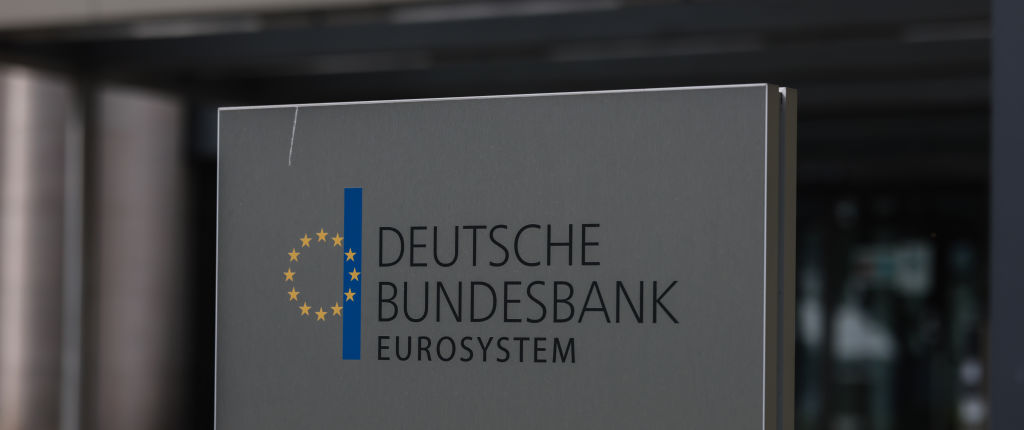Despite, according to some, Germany possibly having endangered allied soldiers after an embarrassing security leak, the country’s UK Ambassador Miguel Berger said there was “no need to apologise”.
On March 1, Margarita Simonyan, editor-in-chief of the Russian state-controlled RT media group, posted audio of an apparently clandestine discussion between German military bigwigs talking about the possible deliveries of Taurus missiles. It also seemed to imply British troops were already “on the ground” in Ukraine.
Utilising the so-called leak, Russia upped its accusations of Western direct involvement in the conflict but, it was feared, also put a target on the backs of the British soldiers.
Berger did not see any reason for apologies. On the contrary, he accused British defence secretary Ben Wallace of “falling into the Russian trap” after Wallace had said Germany was “pretty penetrated by Russian intelligence” and “neither secure nor reliable”.
“It is extremely unhelpful what Ben Wallace has done,” Ambassador Berger said.
“In the end, it was a very professional talk about the use of long-range missiles. But we have to be careful not to fall into the Russian trap of creating division and, regrettably, some people have fallen into this trap.
“This is what Russia wants.”
According to the Germans, the leak was the result of “an individual mistake by one of the officers”, who had connected insecurely – so there was “no need” for an apology.
Russia is trying to divide and destabilise the West. We must not fall into this trap. It was no coincidence that they leaked the recording on the day of Navalny's funeral. Discussed this issue on @BBCr4today this morning. pic.twitter.com/a1FpYgAsiQ
— Miguel Berger (@GermanAmbUK) March 6, 2024
On March 3, the German defence ministry seemed to make another gaffe with a press statement on the apparent wire-tapping scandal.
Such press statements always require a password for the media to download them.
The required password, which is mentioned in the press section on the website of the defence ministry, in this case was 1234.
Such simplistic passwords are deemed very easy to break and the revelation led to many in Germany castigating the defence ministry, in particular in light of prior events.
The invitation also included a prominent banner stating: “It is important to us to protect your data.”





